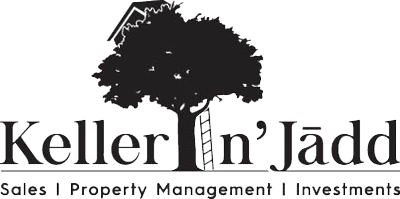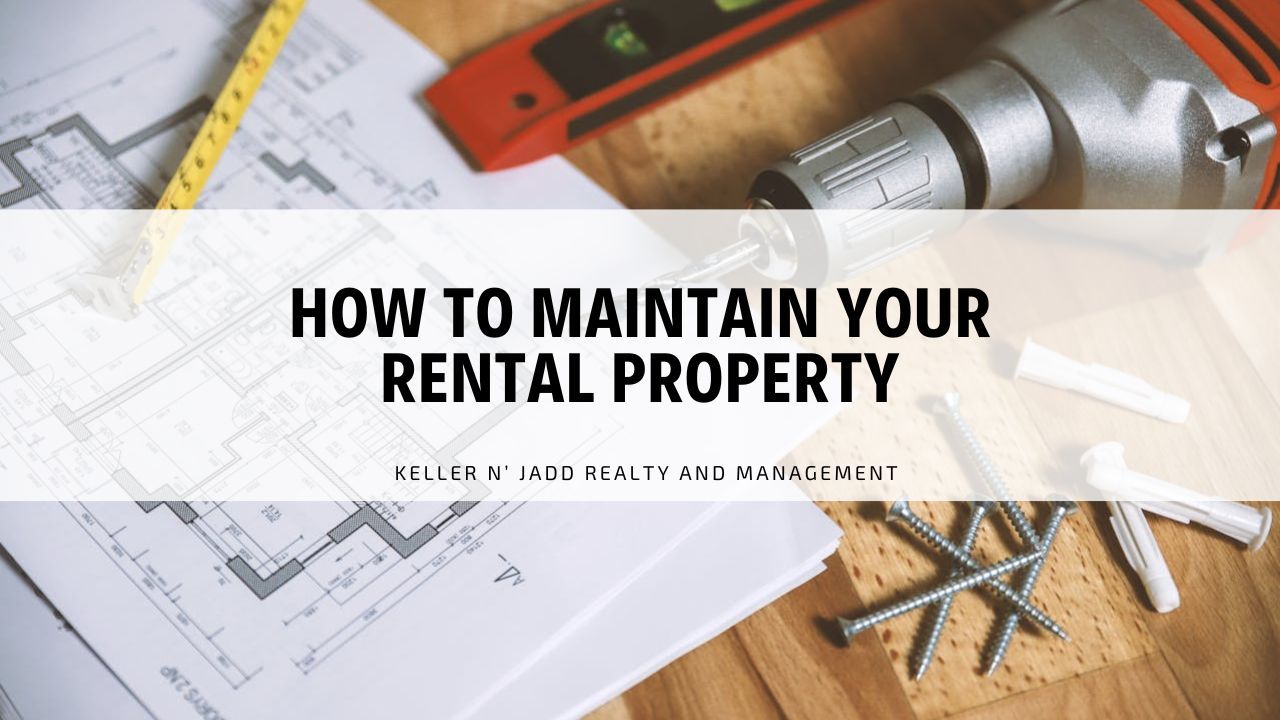The Benefits of Renting to Tenants with Pets

The rental market today is increasingly populated with pet owners seeking comfortable and welcoming spaces for themselves and their animals. With over half of U.S. households owning pets, landlords who open their doors to tenants with pets can tap into a wider tenant pool leading to lower vacancies.
Additionally, renters with pets frequently demonstrate
long-term commitment, as finding pet-friendly rentals can be challenging, making them more likely to renew their leases to avoid the hassle of searching for a new place.
Recognizing this trend we’ll explain the potential benefits and considerations of allowing pets in rental properties. We’ll explore both the advantages and risks, as well as essential compliance and insurance aspects.
Benefits of Offering Pet-Friendly Rentals
Increased Tenant Pool
By allowing pets, landlords open their properties to more renters, making it easier to fill vacancies. The demand for pet-friendly housing is high, and accommodating pet owners can set a property apart from competitors that do not allow pets.
This larger applicant pool can also allow landlords to be more selective in choosing the most qualified tenants for their property.
Potential for Higher Rent
Many landlords
set a higher rent or charge an additional monthly fee for tenants with pets. You may also be able to charge higher rent because pet-friendly rentals are in high demand, and landlords may be able to charge slightly higher base rent compared to non-pet-friendly properties.

This additional income can offset the costs of any minor wear and tear that pets might cause and provide landlords with a reliable, ongoing revenue stream.
Longer Tenancy and Lower Turnovers
Renters with pets often face limited housing options, so they are more likely to remain in one place for an extended period if they find a pet-friendly property.
Tenants with pets may be more willing to renew their lease, resulting in lower turnover rates and less time and money spent on finding new tenants, preparing the property, and performing move-in and move-out procedures.
Enhanced Tenant Satisfaction and Positive Community Atmosphere
Allowing pets can significantly increase tenant satisfaction, as tenants feel their whole family, including pets, is welcome.
This satisfaction can lead to a positive landlord-tenant relationship and foster a stronger sense of community within the rental. For multi-unit properties, pet-friendly policies may help create a positive social environment among tenants, as pet owners tend to interact and bond over their animals.
Increased Property Appeal and Reputation
Properties that are known for being pet-friendly often gain a positive reputation, both online and through word of mouth. As more tenants search for pet-friendly housing, properties with good reviews and policies accommodating pets are likely to be sought after.
A pet-friendly property can stand out in listings and attract attention from pet owners actively seeking welcoming homes.
Potential Risks of Allowing Pets in Rentals
Property Damage
One primary concern for landlords is the potential for property damage caused by pets. Damage may range from scratched floors to chewed cabinets and damaged landscaping.

However, these risks can often be mitigated with pet deposits or pet insurance requirements, which many landlords implement to cover repair costs if necessary.
Noise Disturbances
Some pets, particularly dogs, may bark or make noise, which could disturb other tenants or neighbors, especially in multi-unit properties.
Clear pet policies and a requirement for tenants to train and control their pets can help minimize these issues. Many landlords also set specific breed or weight restrictions to manage this risk effectively.
Allergic Reactions and Health Concerns
For some properties, especially those with shared common spaces, pet allergens could affect other tenants. In such cases, it may be necessary to conduct additional cleaning after a tenant with pets vacates to prevent lingering allergens.
Landlords can manage these concerns by being transparent with all tenants about the pet-friendly policy and ensuring proper cleaning practices.
Evaluating Insurance Needs for Pet-Friendly Properties
Allowing pets on rental properties may impact a landlord’s insurance coverage. Not all insurance policies cover damage caused by pets, and some policies may exclude coverage for certain types of animals or specific breeds.
Landlords should carefully review their insurance policy to understand what is and isn’t covered, ensuring they have the necessary coverage to protect against potential liabilities.
In some cases, landlords may need to purchase additional liability insurance to cover pet-related risks. This added coverage can provide financial protection in the event a tenant’s pet causes injury to another tenant or damages another tenant’s property.

Consider consulting with an insurance provider familiar with pet-friendly rentals that can help landlords make informed decisions about the right level of coverage.
Including a Pet Policy in Lease Agreements
A well-defined pet policy is crucial for landlords who decide to allow pets in their rental properties. The pet policy should be included as an addendum to the lease agreement and should outline clear expectations regarding pet behavior, pet-related damage, and rules that pet owners must follow.
Important components of a pet policy may include:
- Pet Deposit and Monthly Pet Fees: Many landlords require a refundable pet deposit or monthly pet rent. This helps offset any extra maintenance or repairs that may be needed due to pet-related wear and tear.
- Restrictions on Pet Type and Size: Some landlords implement restrictions on pet breeds, weight, or types of animals allowed to manage potential risks. For instance, some properties may restrict exotic pets or large dog breeds.
- Pet Care and Control Requirements: This can include requirements for tenants to clean up after their pets, keep them on leashes in common areas, and ensure they do not disturb other tenants.
- Consequences for Violating Pet Policy: The lease agreement should specify what actions the landlord can take if the pet policy is violated, such as issuing warnings, fines, or potentially terminating the lease agreement in extreme cases.
A detailed pet policy protects landlords by ensuring tenants understand their responsibilities, reducing misunderstandings, and promoting a harmonious living environment.
Bottomline
Renting to tenants with pets presents significant benefits, including an expanded tenant pool, reduced vacancy rates, and potentially higher income.
However, it’s essential for landlords to carefully manage the potential risks, comply with fair housing regulations, secure appropriate insurance coverage, and establish clear pet policies within lease agreements.
Keller n' Jadd Realty & Management specializes in helping landlords navigate the complexities of renting to tenants with pets. From establishing compliant pet policies to securing insurance coverage, our experienced team is here to assist you every step of the way.
Contact us today to learn more about how we can support you in creating successful, pet-friendly rental properties.












